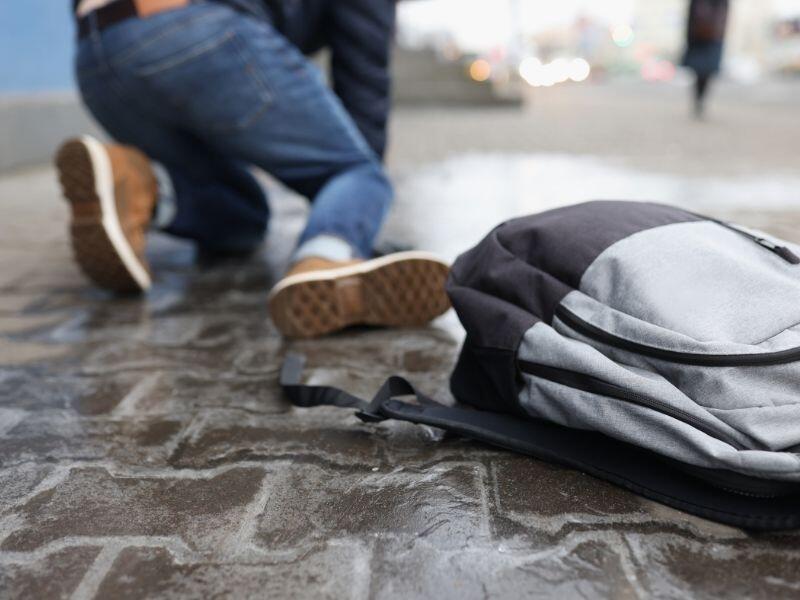
If you suffered injuries in a slip-and-fall accident on a city sidewalk, Florida law says you could be entitled to compensation for your medical expenses, lost wages, and other losses. However, your ability to file a claim against the city will depend on the facts of the case.
Below, we’ll discuss what is involved in suing a city or municipality for a slip-and-fall accident. If you suffered injuries after a fall and believe you have a case, contact Brooks Law Group today to speak with an experienced slip-and-fall accident lawyer.
When Is a City or Town Liable for a Slip and Fall Accident?
Generally speaking, cities and towns are duty-bound to maintain public sidewalks and keep them free from foreseeable hazards. A cracked sidewalk or poorly lit pedestrian walkway presents a danger to all individuals who use them. When a city or municipality fails to correct sidewalk problems, they could be liable for injuries from a slip-and-fall accident.
However, there are some instances when Florida property owners may be liable for injuries that occur on the sidewalks adjacent to their properties. For example, if the owner damages the sidewalk or places obstructions in a pedestrian’s way, they may be legally responsible for a slip, trip, or fall accident.
Suing a City, Municipality, or Another Governmental Entity
Suing a city, municipality, or government entity in Florida is not a straightforward process. Most government entities have sovereign immunity, which shields them from lawsuits alleging negligence for someone’s injury or death. However, Florida has conditionally waived its sovereign immunity from liability in some instances.
You can bring a suit against a government entity in Florida if:
- Your injury occurred because of the government’s negligence or a wrongful act or omission.
- You sustained economic losses that can be compensated financially.
- The negligent party (e.g., a city employee or department) would have been liable as a private entity.
If you have questions about city liability for a slip-and-fall accident, talk to an experienced attorney immediately to learn your rights. Filing a claim against the government is more complicated than taking legal action against an individual, and acting quickly is essential to protect your ability to sue.
How Are Claims Against the Government Different?
Claims against the government are different from claims against a private person or entity. When filing a claim against the government, you must abide by a strict set of guidelines. You must:
- Notify the government of your claim in writing.
- Give the state 180 days to investigate the matter.
- Wait to file a slip-and-fall lawsuit until after the 180-day investigation period ends (unless your claim is denied).
The statute of limitations is also different when you sue a government entity. Normally, you would have four years to bring a claim against a negligent private property owner after a slip-and-fall accident. If you slip and fall on city property, you will typically only have three years to initiate legal action.
To complicate matters, you should know that various types of government agencies (e.g., state vs. federal) may have different notification requirements or deadlines for filing a claim. For this reason, it’s critical to work with a knowledgeable slip-and-fall accident lawyer.
Contact Us Today
Suing the city for falling on the sidewalk is possible, but you need to take prompt legal action to determine whether you have an injury claim. Reach out to Brooks Law Group for a free consultation with a Florida premises liability lawyer. Call or contact us now.













